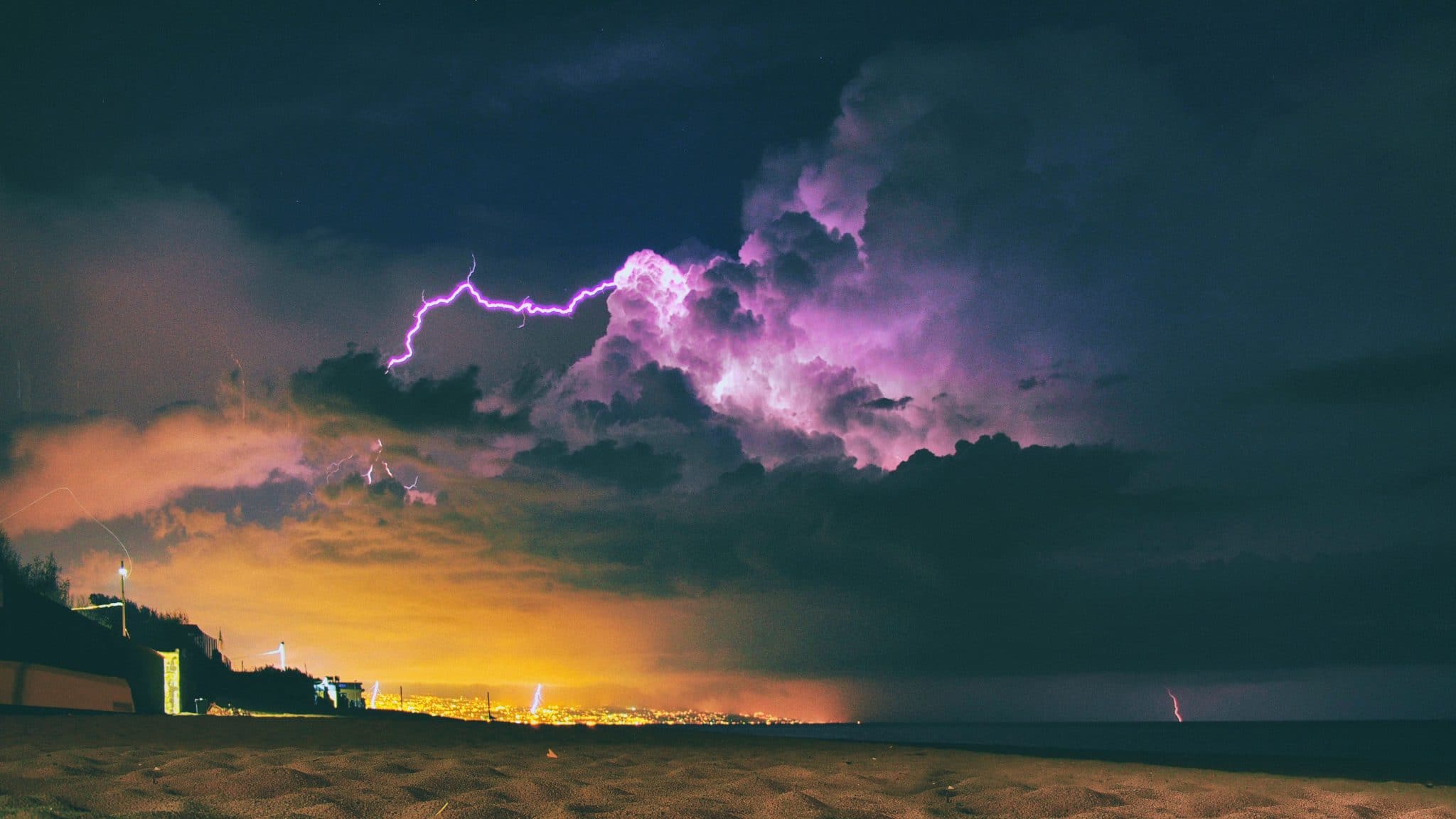If you are considering a degree in meteorology, you are likely fascinated by weather and climate. You have a drive to understand weather patterns. You get a thrill of energy and awe when you are confronted with a large thunderstorm. You watch footage of tornadoes and hurricanes with fascination. These things are not just a passing interest for you. They represent a deep passion, one that you wish to turn into a career.
Things you can do while still in High School:
If you are one of the lucky few who are still in high school and already know what you want your career to be, then there are some things you can do in high school to prepare yourself for college. Meteorology will require substantial knowledge in science and math. If you are in a position where you can take AP courses in these subjects, it is highly recommended. If AP courses aren’t available, then it is still advised that you take as many advanced math and science courses as you can. Taking physics and chemistry classes will help you gain a foundation in subjects that will be studied more deeply in college. The more knowledge you have under your belt now, the more prepared you will be for high school.
Undergraduate Degree:
When obtaining an undergraduate degree in atmospheric science and meteorology, you’ll take many different kinds of classes. Obviously, you’ll take classes related to meteorology, climatology and weather, as well as many science classes such as chemistry, physics and life science. You’ll spend a lot of time in lab environments. In addition, you’ll take certain general education courses. English, technical writing and composition are also important parts of your degree. Internships are required for most degree programs as well.
While an undergraduate degree may allow you to obtain some positions, many students will require a graduate degree to achieve their career goals.
Graduate Degree:
Many research positions, and positions with government institutions such as the National Weather Service, will require at least a master’s degree. In the process of applying for a graduate program, you’ll likely take some sort of standardized admissions test, such as the GRE. Your graduate degree can help you expand your general knowledge of meteorology, or help you specialize in a particular subject within the field.
Career opportunities in Meteorology:
While the most visible example of a meteorologist is your local weather-person, tv, and radio weather forecasters make up a very small portion of the meteorological community. One of the largest employers of meteorologists in the country is the National Weather Service, but many other employment opportunities are available. Airlines, road crews, state transportation and city planners rely on meteorologists to help predict weather situations and estimate resources needed to deal with them. There are plenty of research positions available for meteorologists, especially for those who have a graduate degree. Utility companies often employ meteorologist to help predict weather patterns that might require extra use of electricity resources; heat waves, for example. Colleges and universities need meteorologists to teach courses on the subject.



